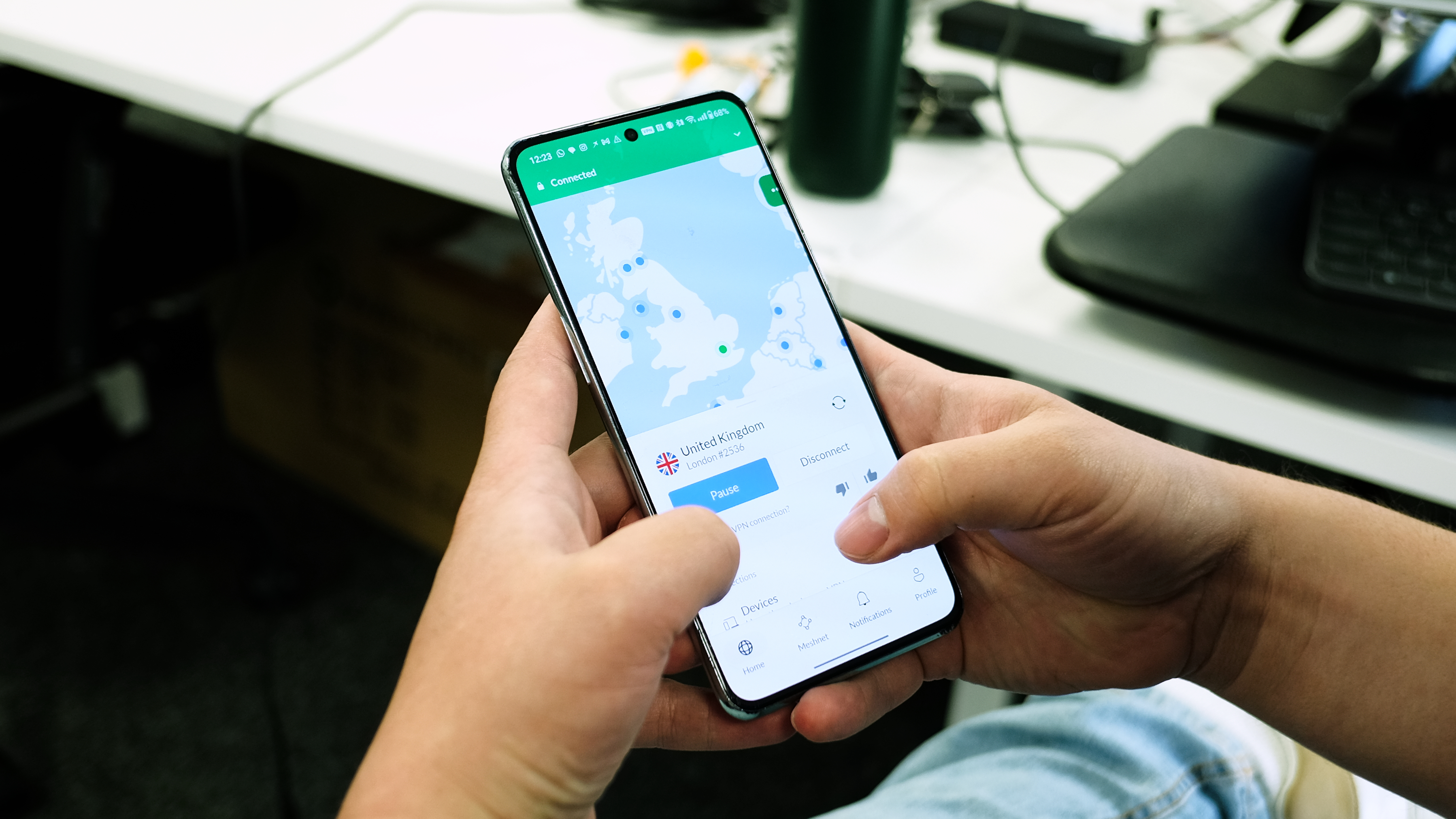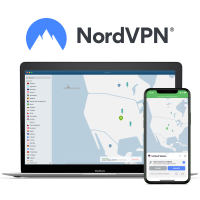NordVPN introduces post-quantum encryption for future-proofed privacy
Nord has ensured its VPN won't be caught out by Q-Day

NordVPN, creator of what we rank as the best VPN, has announced its latest addition in keeping your data private – its introduction of quantum-resilient encryption.
This super-secure encryption is currently available on NordVPN's Linux app, but Nord plans to implement post-quantum algorithms on all platforms "by 2025 Q1 at the latest".
Try NordVPN: the best VPN on the market
While post-quantum encryption may not be available on all NordVPN's apps just yet, there's still a ton of reasons to get NordVPN. With super-fast speeds, excellent security and seriously good unblocking skills, there's a reason why NordVPN takes the #1 spot in our rankings.
Try it yourself from just $3.09 per month, with a 30-day money-back guarantee.
How has NordVPN introduced quantum-resilient encryption?
NordVPN has begun its quantum-resilient encryption rollout with its Linux VPN app (all the more reason why it's one of the best Linux VPNs). By rolling it out in one app first, this allows the company to monitor it closely before deploying the new encryption to the rest of its products.
This will also let Nord make sure that its post-quantum algorithms can function properly when in a real-world situation. As a result of the way post-quantum algorithms function, they can negatively impact VPN performance and speed, especially on sites that handle a lot of traffic – for example social media, e-commerce sites or financial systems.
Marijus Briedis, CTO at NordVPN, explains: “These technical challenges are the reason for the gradual implementation of post-quantum cryptography support to our applications. We want to be completely sure that we will keep the highest level of user experience in terms of connection time and speed during the transition.”
On top of this, Nord wants to also make sure that its apps will be both quantum-resilient and able to properly handle encryption key management, so they can keep up with the needs and demands of cryptography as it evolves. This ensures for seamless adaptation to these new needs and demands.
Why is quantum-resilient encryption important?
Encryption is absolutely vital to keeping private information, well, private. It's used all over the world in an abundance of different ways, from making sure no-one can peek at your online messages to stopping hackers from getting their hands on your money.
Sign up to get the BEST of Tom's Guide direct to your inbox.
Get instant access to breaking news, the hottest reviews, great deals and helpful tips.
If this encryption was able to be broken, this would be absolutely devastating. While it may sound like the plot of an action movie, this threat is all too real – and all too looming. Referred to as 'Q-Day', this marks the day that quantum computers have progressed to the point that they can crack these algorithms. Currently, quantum computers cannot do this, and are generally only used in places like universities and research labs, but the threat of Q-Day is still one to take seriously.

While the ability to crack the encryption currently used on everything from messaging apps to banks does not quite exist yet, it really is only a matter of time. This is why hackers are stealing huge amounts of encrypted data and storing it, waiting for the day when they can easily decrypt and steal it. This technique is known as "harvest/store now, decrypt later", which is why it's so important that companies that use encryption look into post-quantum encryption sooner rather than later.
Briedis notes: “Trends show that cybercriminals are intensifying what are known as ‘harvest now, decrypt later’ attacks…Thus, the VPN industry must enter a new phase of development to defend against future quantum computing threats. With this launch, we start a major transition to new generation encryption of all our applications providing long-term security for our users.”
With this in mind, it's clear to see why Nord has introduced quantum-resilient encryption into their VPNs, especially as VPNs are reliant on encryption to keep user data safe and secure. This encryption failing would expose not only their user's data but also their users themselves, something that would be dangerous for those who use VPNs in places where internet usage is censored or suppressed.

Olivia joined Tom's Guide in October 2023 as part of the core Tech Software team, and is currently VPN Commissioning Editor. She regularly uses VPNs to make sure they deliver what they promise, and specializes in testing VPNs with streaming sites.

